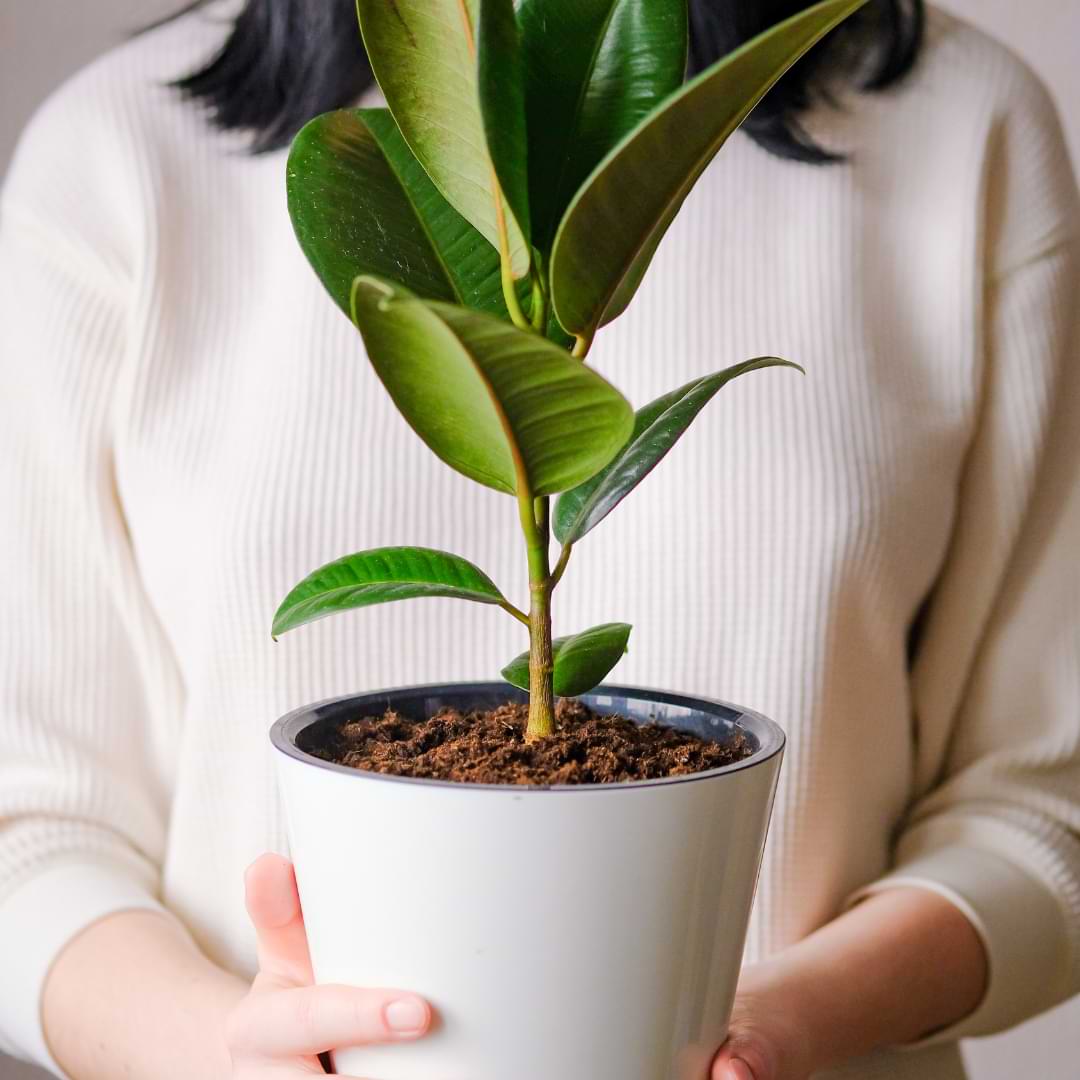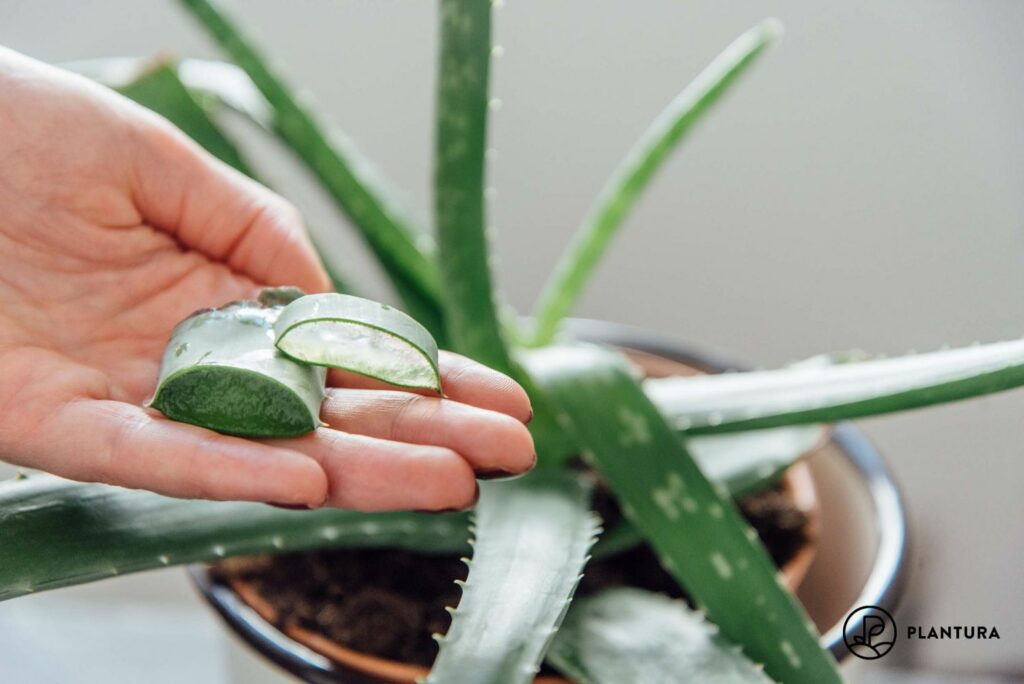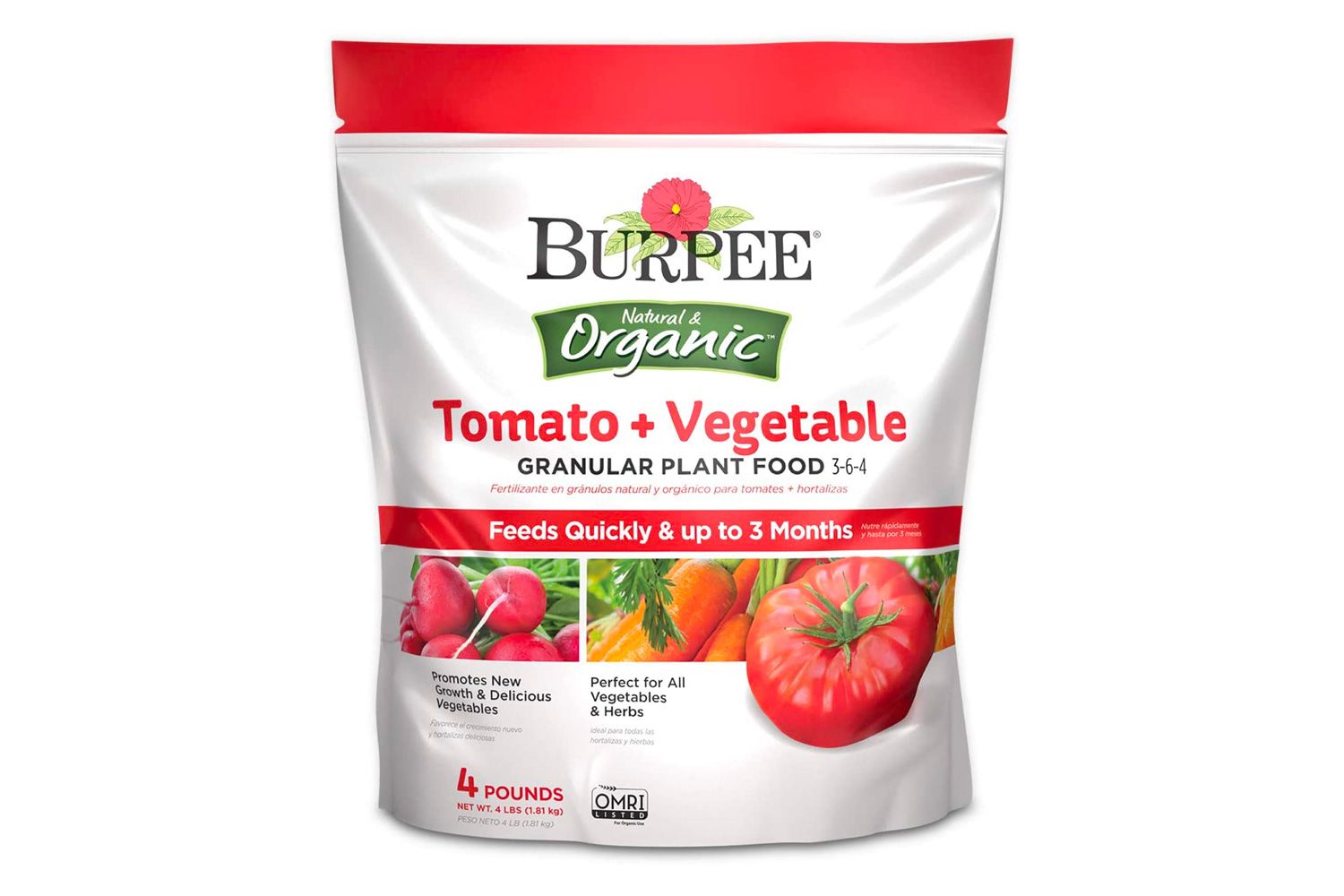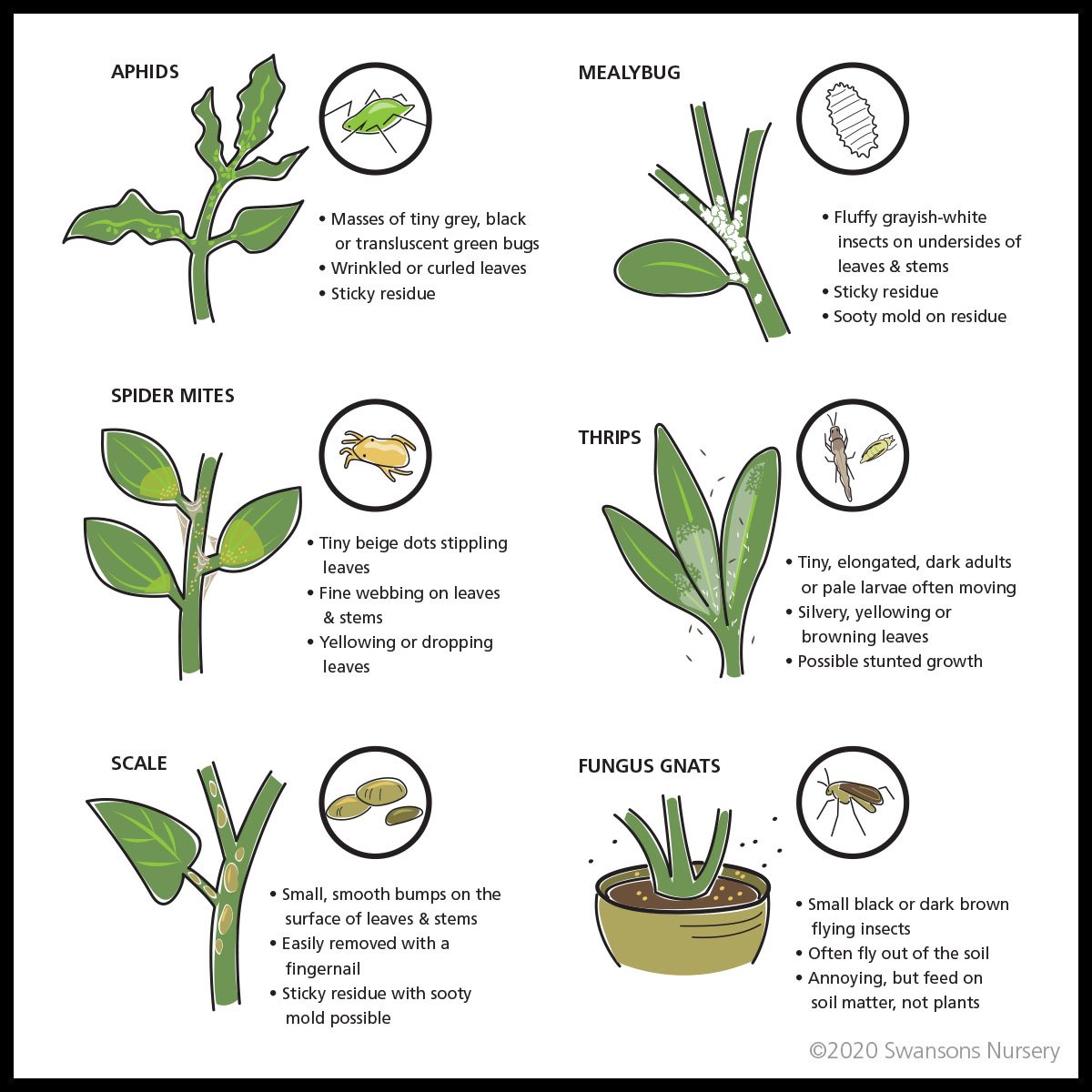How to naturally enhance soil fertility for indoor plants?
Having healthy and vibrant indoor plants can really liven up your living space. One key factor in ensuring your plants thrive is the fertility of the soil they are planted in. Here are some natural ways to enhance soil fertility for your indoor plants:
1. Compost
Compost is a rich source of nutrients that can improve soil fertility. You can make your own compost using kitchen scraps, yard waste, and other organic materials. Simply layer the materials in a compost bin or pile and let them decompose over time. Once the compost is ready, you can mix it into the soil to provide a nutrient boost for your plants.
2. Manure
Manure is another natural fertilizer that can help enhance soil fertility. You can use well-aged animal manure from cows, horses, or chickens to add nutrients to the soil. Make sure to mix the manure into the soil thoroughly and water it well to prevent burning your plants with excess nutrients.
3. Mulch
Adding mulch to the top of the soil can help retain moisture and suppress weeds, which in turn can improve soil fertility. Organic mulches like shredded leaves, straw, or wood chips can also break down over time and add nutrients to the soil as they decompose.
4. Worm castings
Worm castings are a nutrient-rich organic fertilizer that can enhance soil fertility for indoor plants. You can purchase worm castings from gardening stores or create your own vermicompost bin to produce your own. Simply sprinkle the worm castings on top of the soil and gently mix them in to provide a slow-release source of nutrients.
5. Plant-based liquid fertilizers
Plant-based liquid fertilizers, such as compost tea or seaweed extract, can be used to boost soil fertility for indoor plants. These natural fertilizers are rich in nutrients and can be applied directly to the soil or sprayed on the leaves for quick absorption.
6. Allow for proper drainage
Ensuring proper drainage in your plant pots is essential for maintaining soil fertility. Excess water can lead to root rot and nutrient leaching, so make sure your pots have drainage holes at the bottom to allow water to escape. You can also add a layer of gravel or pebbles to the bottom of the pot to improve drainage.
7. Rotate your plants
Rotating your plants every few weeks can help ensure they receive an even distribution of sunlight and nutrients. This can prevent one side of the plant from becoming nutrient-deficient and promote overall growth and health.
8. Monitor pH levels
It’s important to monitor the pH levels of your soil to ensure it is at an optimal level for plant growth. Most indoor plants prefer slightly acidic soil, so you can use a pH meter to test the soil and make adjustments as needed with natural amendments like lime or sulfur.
Conclusion
By incorporating these natural methods to enhance soil fertility, you can create an optimal growing environment for your indoor plants. Remember to observe your plants and adjust your care accordingly to ensure they thrive and flourish in your space.



